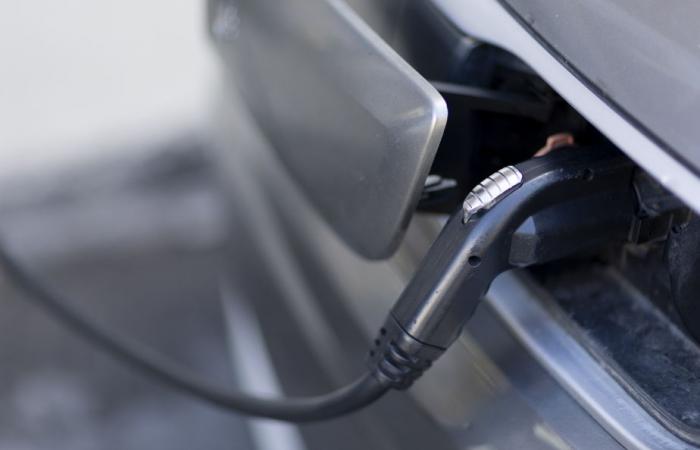Perhaps you have seen publications on your social networks more than once that promise to “demystify” the so-called “false promises” of electric vehicles? These publications are most of the time false or misleading, they are shared en masse anyway. Here’s why.
Published at 8:00 a.m.
However, it has been calculated, verified and repeated at least as many times as we wish, by reliable and official sources, ranging from the prestigious MIT to Canadian and European government organizations, that electric vehicles are less polluting than their counterparts in gasoline engine. Even if we take into account the composition of their batteries and the presence of rare metals on board. Even if they are powered by electricity that would come from a coal-fired power plant.
And yet, what circulates the most on social networks, even today, is the opposite opinion. And thanks to social networks, this opinion is constantly gaining new followers.
Echo, echo, echo…
This is what a series of polls just published by American public radio NPR tends to demonstrate. According to these polls, from 2022 to 2024, the number of Americans convinced that electric vehicles are less polluting than gasoline vehicles fell from 63% to 58%.
NPR also separated respondents into two groups to better understand this decline. The first group, respondents who plan to buy an electric vehicle one day, consider these vehicles cleaner in a proportion that has remained stable at 82%, from 2022 to 2024.
Over the same period, things have changed much more among the other group, those who do not plan to buy an electric vehicle. The share of this group who believes that electricity is less polluting than gasoline has fallen from 38% to 30% over the past two years.
How is this possible? This must be seen as an echo chamber effect, concludes the Ipsos researcher who led the NPR polls, Graham Gordon. The echo chamber is a well-known phenomenon on social networks, which validates Internet users’ beliefs in their own eyes, even those which are unfounded.
Finding out that many of them share the same opinion reinforces the skepticism of respondents who do not “believe” in electric vehicles, says Graham Gordon. “They are more and more united around this idea [que ces véhicules] are not better for the environment. »
Look at ! A squirrel!
More than the echo chamber, social networks accentuate the hypersimplification of complex subjects. What circulates best these days on social networks are memes: catchy images that are consumed in a second. Or “Reels”, video sequences that don’t last a minute.
We don’t have time, in an image or a few seconds of video, to get to the bottom of a complex subject like polluting emissions from the production chain of electric vehicles. It works both ways: promoters of electric vehicles will sometimes talk about “zero-emission vehicles”. It’s simpler than saying “vehicles which emit no exhaust gases, but whose production pollutes and requires at least one barrel of oil per vehicle”.
Obviously, TikTok and Everyone does it.
This trend has been around for decades.
The National Center for Biotechnology Information, a US federal agency, calculated that the average attention time of an Internet user in 2000 was 12 seconds. Fifteen years later, it was 8.25 seconds. For comparison, a goldfish is said to have an attention span of 9 seconds.
When it comes time to concentrate on consulting more extensive content, such as research reports, Internet users’ attention also decreased, Microsoft researchers noted at the end of last summer. In 2004, it was 2 minutes 30 seconds, on average. In 2023: 47 seconds.
A solution suggested by Microsoft to improve your concentration? Become “meta-awake”. Ask yourself why you absolutely have to turn on your phone and check social media every five minutes.
We don’t realize that these automatisms develop over time. And when you only have a few seconds to devote to a subject, a striking image or a short video will be more attractive than more nuanced content. Which helps strengthen our echo chambers.
The question, however, is quite simple: should we entrust the fate of electric vehicles to Facebook and TikTok… and everything else, for that matter?






